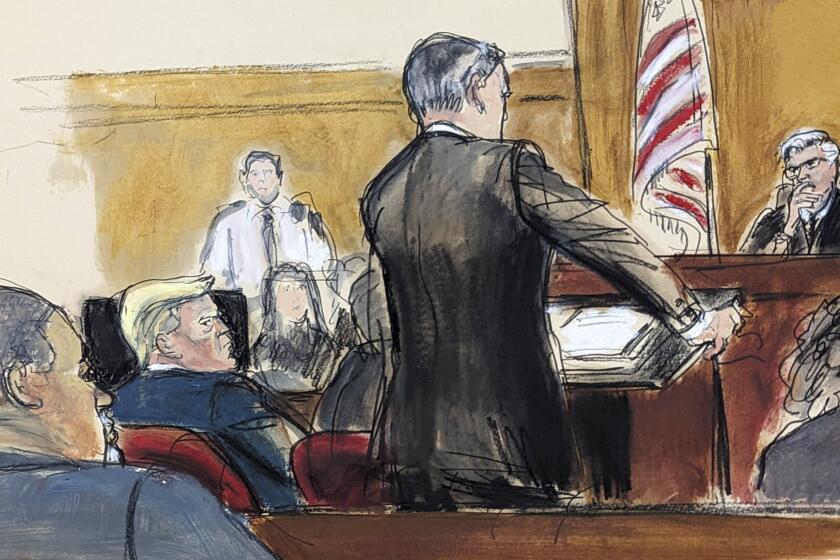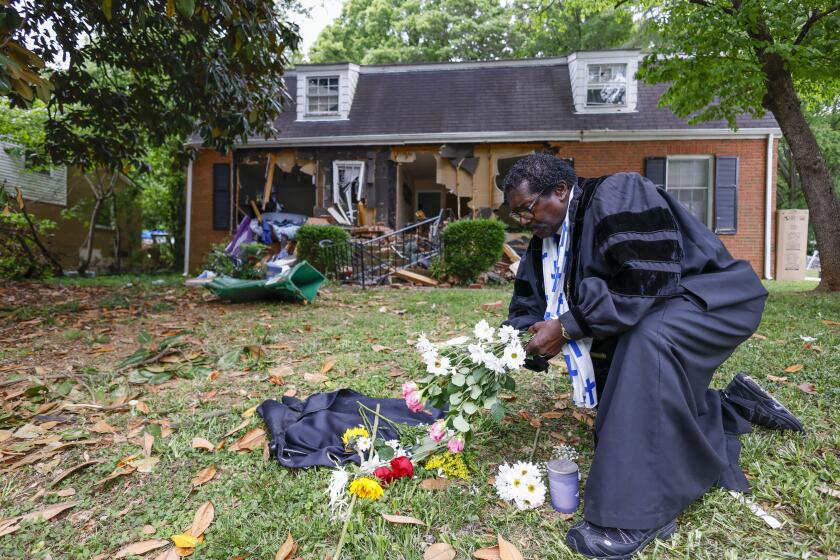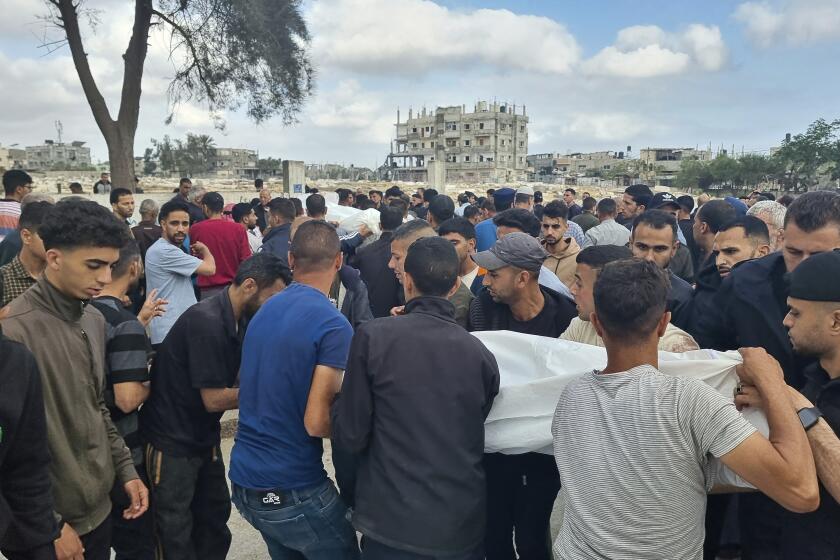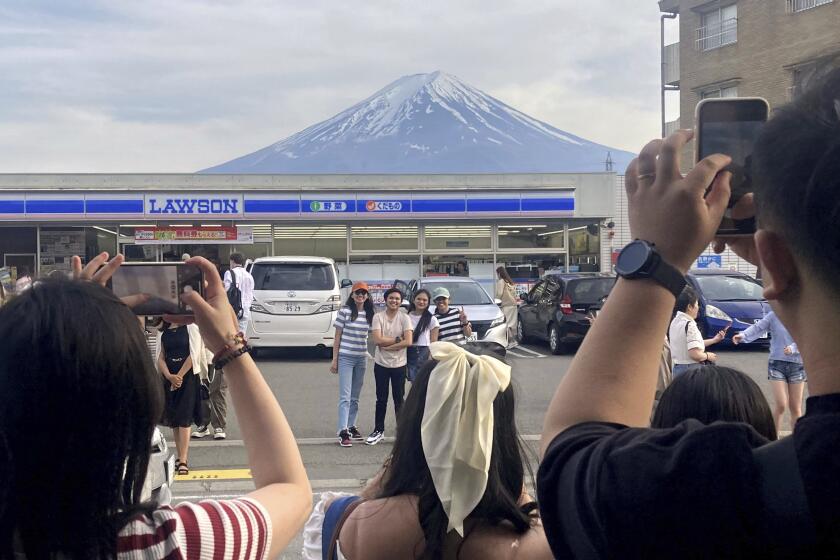Vietnamese Flock to Polls, Hanoi Says
Voters went to the polls Sunday across Vietnam in elections seen as part of a campaign to revitalize the economy and to replace the aged hard-liners who presided over decades of war and revolution.
After a shake-up in electoral rules and a purge of the Communist Party, the elections for the 496-seat National Assembly and local people’s councils were expected to be the most democratic in 12 years of Communist rule of a unified country.
The government, which earlier voiced concern about voter apathy, reported a 50% turnout in many districts after the voting began at 7 a.m. Radio Hanoi said more than 1.7 million voters “enthusiastically flocked” to 3,040 polling sites in the capital.
Communist Party leader Nguyen Van Linh, 73, who is trying to consolidate his hold on the party apparatus and implement reforms to develop Vietnam’s backward economy, cast the first ballot in his ward in Hanoi.
Linh said the elections reflect Vietnamese unity and determination “to take the revolutionary cause forward,” Radio Hanoi reported.
Voting Changes Listed
Among the changes that party leaders have said were implemented to make the elections more democratic are:
-- A larger number of candidates for voters to choose from. More than 800 candidates were nominated for the 496 assembly seats, up from about 600 in 1981, the last time elections were held.
-- The breakup of electoral districts to make candidates more accountable to a smaller constituency.
-- Unprecedented public meetings between candidates and the voters.
But only candidates nominated by the Communist-dominated umbrella organization, Vietnam Fatherland Front, were allowed to run, and the Communist Party retained the power to veto candidates.
In Wake of Party Purge
Analysts said the election changes follow a massive purge of more than 190,000 of the party’s 2 million members for corruption, ineffectiveness and violations of discipline in recent years.
The National Assembly, described as the “supreme organ” of state power but clearly subordinate to the Communist Party, is expected to meet in June and elect a president and premier.
Premier Pham Van Dong, 81, and President Truong Chinh, 80, were not named as candidates in the election. Diplomats said this was a strong indication that both will be replaced.
The choice of the next president and premier are viewed by Western analysts as a test of how far and fast party leader Linh can push his economic and political reforms.
More to Read
Start your day right
Sign up for Essential California for news, features and recommendations from the L.A. Times and beyond in your inbox six days a week.
You may occasionally receive promotional content from the Los Angeles Times.






